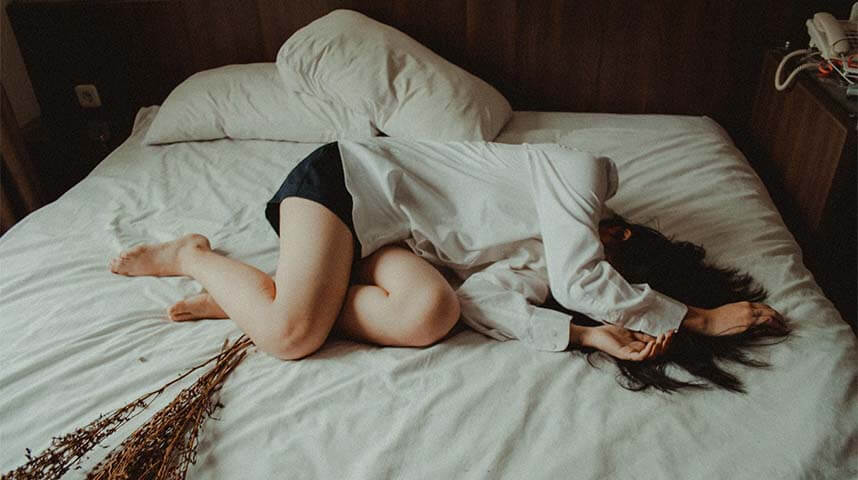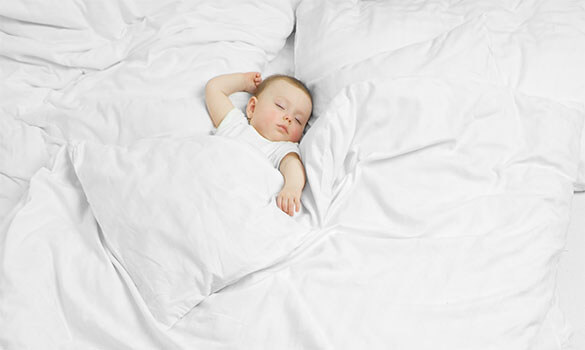Mental Health and Sleep: How they influence each other?
Does sleep affect the mental health or is it the other way around? It is hard to say.
Doctors and researchers have observed that people suffering from some form of mental illness have disrupted sleep as compared to a person without any indication of mental illness. But on the other hand, doctors also believe that sleeplessness in people with mental illness precedes the illness itself and is a symptom to some form of illness. Let us take a look at how sleep and mental health affect each other and what can be done to improve sleep?
Depression and Sleep
People suffering from depression have a disruption in their cardiac rhythm. As a result, they tend to sleep either through the day or sleep in the evening and wake up much earlier in the morning. Scientists believe this is caused by the early release of melatonin in the body. Melatonin is a sleep-inducing chemical produced in the brain when the body knows it’s time to shut down.
Researchers believe Wake Therapy can be a form of an antidepressant with people suffering from major depression. Wake therapy is a limited sleep deprivation therapy which requires one to wake up halfway through the sleep cycle. This causes the cardiac rhythm to shift and thereby realigning the rhythm altogether. Resultantly, the body temperature cools and stress-inducing chemicals like cortisol also go out of sync. This can provide temporary relief to depression.
Therapists also believe that Light Therapy, when coupled with Wake Therapy has a lasting impact. Light therapy is simply being exposed to bright light early in the day which sends signals to the brain to wake up and be active. This therapy could also include exposure to minimum light later in the day, reinforcing that it is time for the body to cool down and get ready to sleep.
Insomnia
Insomnia is a sleeping disorder that makes it difficult to fall asleep or to stay asleep the whole night. Read our article on types, causes and addressing insomnia. While insomnia can be caused by unhealthy lifestyle choices, it is never an isolated illness. Chronic insomnia is once such type of insomnia which is mostly linked to mental health. If you are suffering from irregular sleep for at least three times a week for over three months, it is time to consult the doctor on what your insomnia is indicating about your mental health.
Insomnia is not just difficulty in falling asleep but could mean irregular sleep. It could also take the form of sleep disruption waking you up at the earliest hours of the day. One such study understanding the connection between insomnia and mental health found that 50% of people suffering from insomnia also suffer from anxiety and depression. Look for accompanying signs such as low energy, lack of concentration, lack of proper appetite, sadness, or change in weight. These are classic symptoms of depression and anxiety.
The first thing you can do to address insomnia is to build a sleeping habit that includes going to bed and waking up at the same time every day, inculcating relaxing habits before bedtime, switching to natural home remedies to make you sleep well, eating the right food , exercising regularly and Light Therapy.
Sleep and Mental Health Go Hand in Hand
Doctors and therapists continue to understand the effects of sleep on mental health and vice-versa. While older studies showed that sleep was used as a tool to improve mental health, recent studies strongly indicate that sleeplessness itself is a symptom of mental illness. There is a long way to go in completely understanding the brain and the mind. In the meantime, one can only take steps to listen to their body and give it the right amount of rest to be productive and happy.










